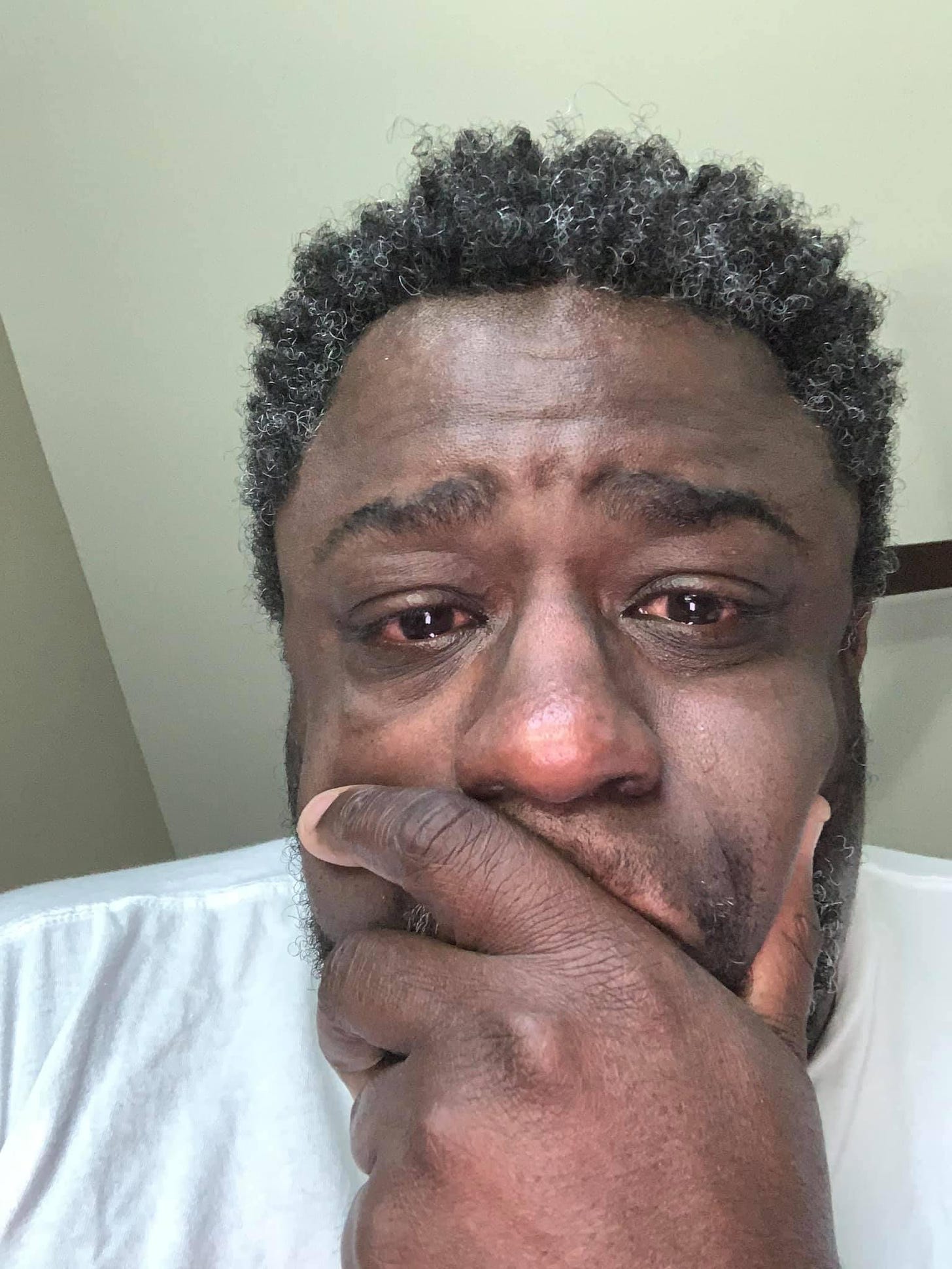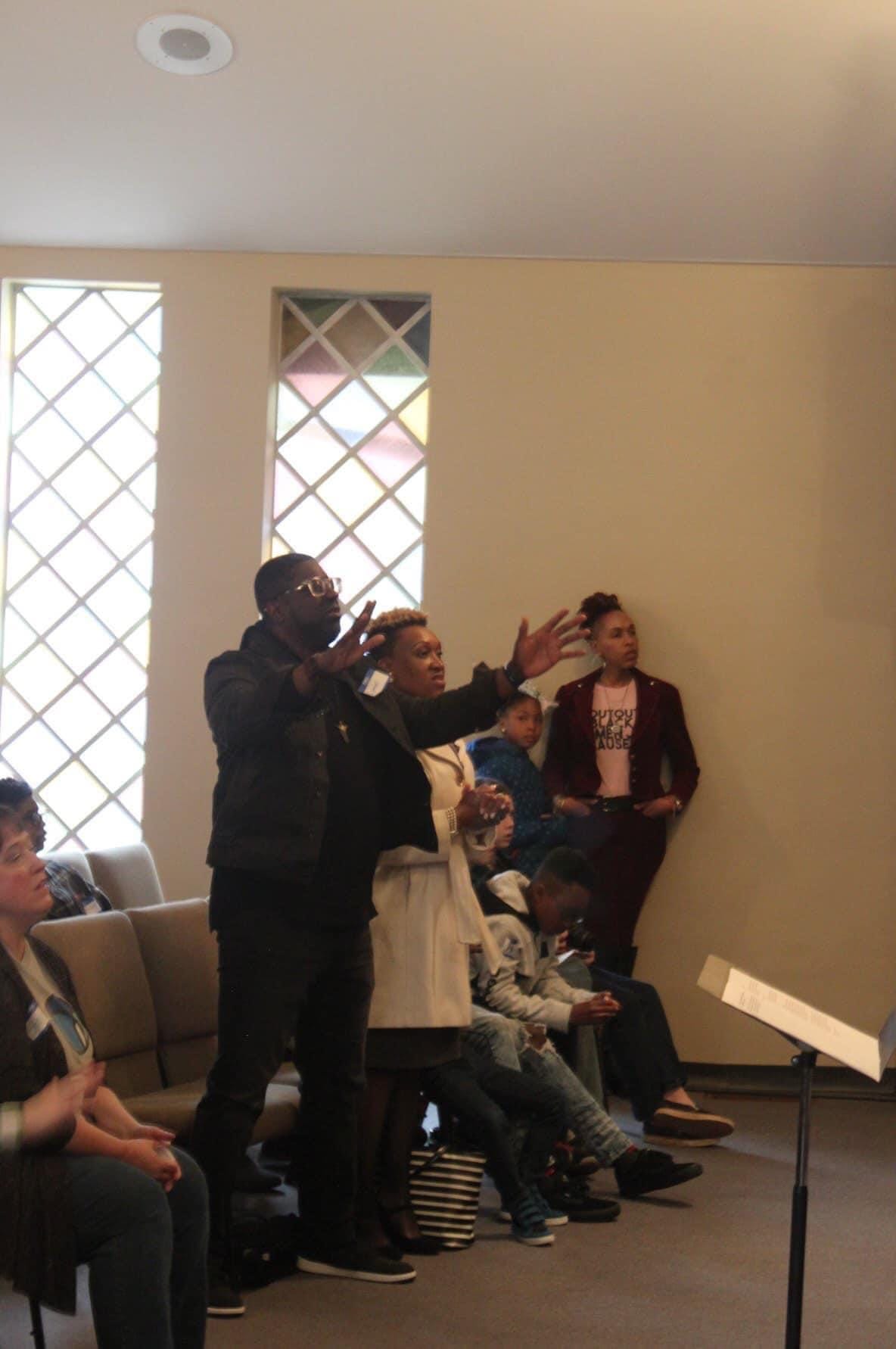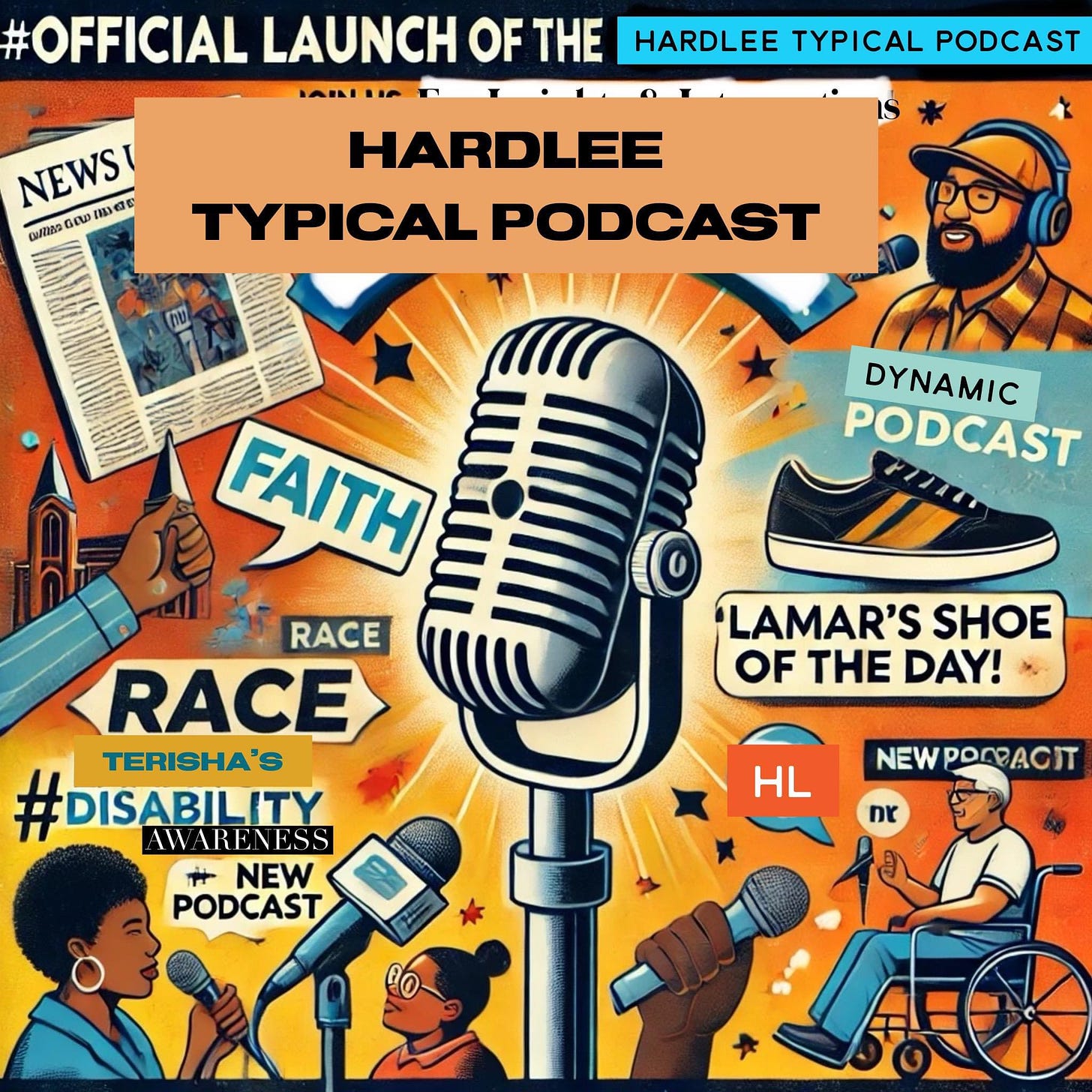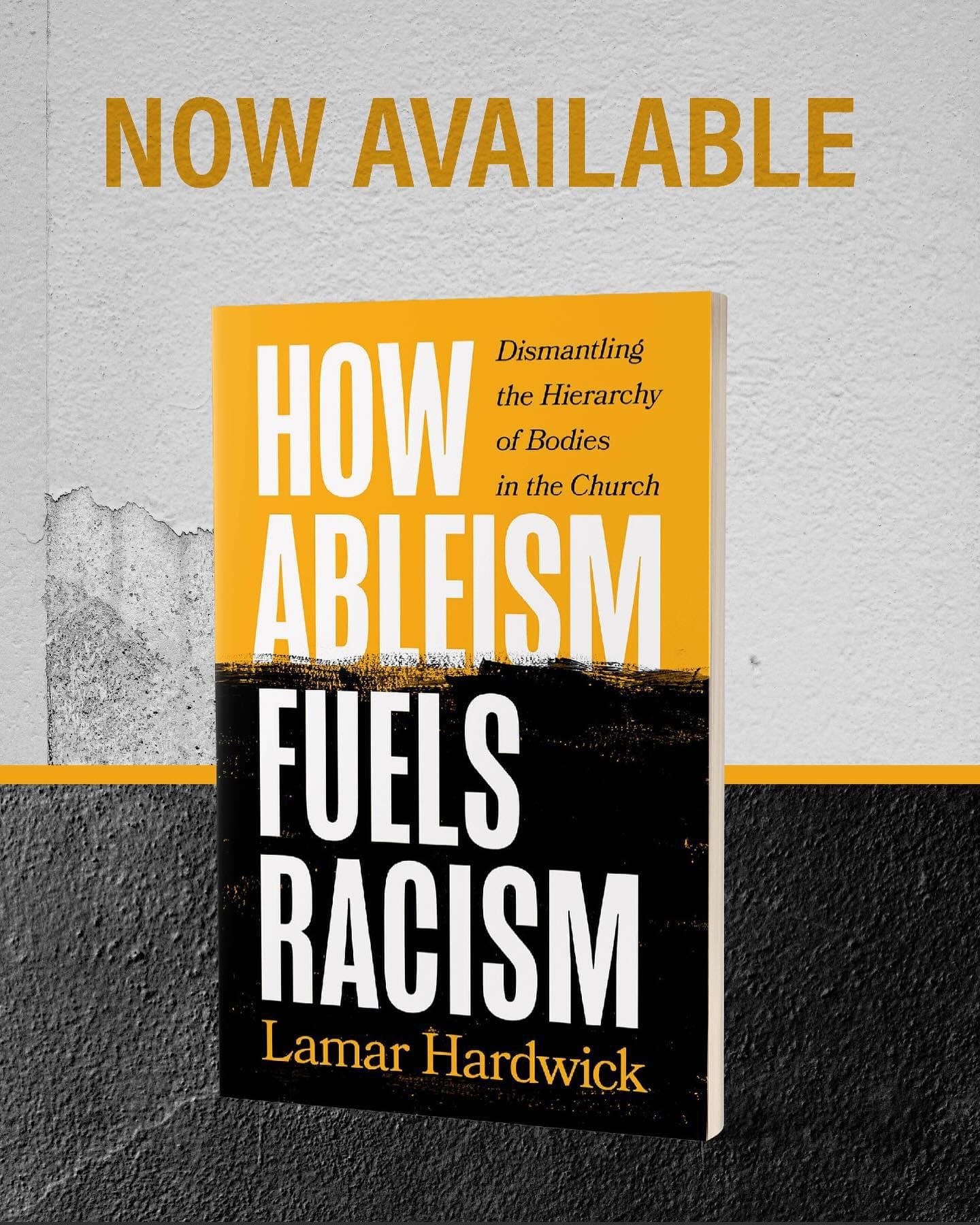Along this road called life, God blesses us with the opportunity to form relationships with ordinary people who have an extraordinary way of shaping our lives’. When we encounter suffering, when we encounter pain, when we encounter disability or chronic illness, or when we encounter a cancer diagnoses, we often think about those people who we have come to know and love.
The overwhelming sadness we encounter when we walk through suffering is known as grief.
It’s important to know that grief is not a disease to be cured; it is a statement that you have lost something. Dealing with the loss is never an easy task. No matter how much you try to prepare yourself to prepare for when that day and time comes. Grief often causes an overwhelming flood of emotions. It is not unusual to feel lost, sad, angry, hurt, depressed, frustrated, and lonely all at the same time.
It is not uncommon to feel as if you have lost a piece of yourself that can never be replaced. It is undeniable that experiencing grief can make you feel as though we have nothing to live for. The experience of loss is a tremendous burden to bear.
The journey of grief is filled with questions. Questions that continue to play a role in the way that we process the burden of loss. We live daily with questions we ask ourselves, questions we ask one another, we even live daily with questions we ask God.
The greatest of those questions is what if? What if I had said or done something differently. What if he had only made this decision instead of that decision? At the end of 2022, when I learned, my cancer had spread to my lungs and had become inoperable, I had lots of questions. Questions about my future. Questions about my family. Questions about my faith, and most of those questions and most of my grief was centered around the question “What If?”
While we will all wrestle with the question of what if, I believe that God calls us to a much greater question when it comes to navigating grief.
It is a question that has helped me process my own grief and yet at the same time live a life of gratitude for the days ahead.
When tragedy hits home and suffering, pain, or illness becomes our reality the question that God will ask of us is not “what if”, but “what’s next?”
Over the last three sessions we have examined the parable of the wheat and weeds. In that story we learned that good and bad can coexist together. We learned that bad things can and often will happen to good people. We learned that the weeds grow right alongside the wheat and that suffering in this world is an unfortunate reality that we are all challenged with.
But we also learned that when it comes to suffering, pain, and illness;
God is aware of our suffering.
God is not alarmed or anxious about our circumstances.
God has authority over everything, and he has a plan for our lives.
So, what’s next? How do we move forward? How do we live life with the possible reality that no matter how hard we pray things may not change, healing may not come, and the weeds of life may not be removed?
If you’ve been following along with the parable of the wheat and the weeds, then you realize by now that the wheat had to endure the weeds until the time for harvest came. The farmer, in his wisdom, allowed the weeds to remain.
So what does that mean for us? Does that mean that there are times when God won’t stop our suffering?
One of my favorite expressions of the Christian faith is found in the Westminster Shorter Catechism.
Question: What is the chief end of man?
Answer: Man’s chief end is to glorify God, and to enjoy him forever.
If our chief aim in life is to glorify God, then physical healing must be evaluated as but only one tool that God uses to expose the world to his glory.
The Apostle Paul is one of the most well-known examples of God’s decision not to heal for the expressed purpose of allowing Paul’s “weakness” to serve as the platform for God’s strength.
The parable of the wheat and weeds suggests to us that not only is God aware, that God is not alarmed, and that God has authority, but it also teaches us that God does have an answer to our suffering, even if it’s not the answer we expect.
When I become frustrated with unending cancer treatments, doctor visits, and the reality that my cancer is inoperable, I am reminded that much like the wheat and the weeds, my suffering is a tangled-up system of roots that join together and that what makes me struggle is also what makes my life special.
What I am learning is that while God is capable of healing, my chief end is to glorify God and perhaps God knows that healing me will only hurt the harvest he intends to get out of me.
So I have another question for you. What if Jesus didn’t just come to bring healing to earth? What if He came to bring heaven to earth? What if we didn’t assume that suffering disqualifies us from God’s glory being seen in us? What if some will never be healed but through his resurrection and we can always be his?
What is the chief end of man? To glorify God, and to enjoy HIM forever.
Whether we ever have the opportunity to enjoy healing, we always have the opportunity to enjoy Him and that means that while we may not be healed, we are still His, and that’s God’s ultimate answer to a life of suffering.
Subscribe to my new podcast!








